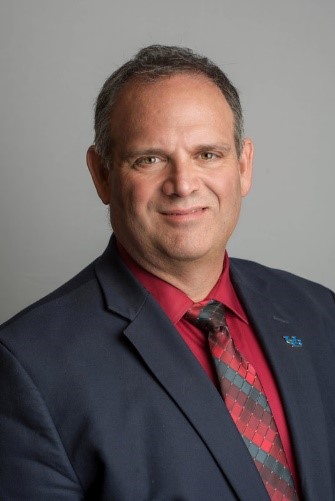| 演讲者 | David Doermann | | 头衔职位 | Professor, SUNY Empire Innovation; Professor, Department of Computer Science and Engineering at University at Buffalo | | 时间 | 2023年6月6日(周二)下午2点 | | 地点 | 江湾校区二号交叉学科楼E1006报告厅 | | 联系人 | 池明旻,mmchi@fudan.edu.cn |
|  |
演讲简介
The Hidden Dangers of Generative Models: Uncovering the Risks and Mitigating the HarmAbstract: Generative models, such as GANs, VAEs, and language models, have revolutionized the field of AI and transformed our ability to generate high-quality images, videos, and text. However, these powerful tools also come with hidden dangers that can have serious consequences for individuals and society as a whole. In this keynote talk, we will explore the risks associated with generative models and the potential harms they can cause, including privacy violations, algorithmic bias, and disinformation. We will examine case studies where generative models have been used for malicious purposes, and discuss the ethical and social implications of these actions. Additionally, we will examine current research efforts to mitigate the risks of generative models, including strategies for detecting and preventing harmful content, ensuring transparency and accountability, and promoting responsible use. By understanding the hidden dangers of generative models and developing effective mitigation strategies, we can ensure that these powerful tools are used for the greater good and not for harm.
关于讲者
Dr. David Doermann is a Professor of Empire Innovation and the Director of the Insitute for Artificial Intelligence and Data Science at the University at Buffalo (UB). Before coming to UB, he was a Program Manager with the Information Innovation Office at the Defense Advanced Research Projects Agency (DARPA). At DARPA, he developed, selected, and oversaw research and transition funding in computer vision, human language technologies, voice analytics, and media forensics. From 1993 to 2018, David was a research faculty member at the University of Maryland, College Park. In his role in the Institute for Advanced Computer Studies, he served as Director of the Laboratory for Language and Media Processing and as an adjunct member of the graduate faculty for the Department of Computer Science and the Department of Electrical Engineering. He and his group of researchers focused on many innovative topics related to the analysis and processing of document images and video, including triage, visual indexing and retrieval, enhancement, and recognition of visual media's textual and structural components. His recent research has focused on advanced AI techniques applied to computer vision, medical image analysis, federated learning, neural architectural search, binary neural networks, and the detection of false and misinformation in multimedia content. David has over 300 publications in conferences and journals, is a fellow of the IEEE and IAPR, has numerous awards, including an honorary doctorate from the University of Oulu, Finland, and is a founding Editor-in-Chief of the International Journal on Document Analysis and Recognition.

